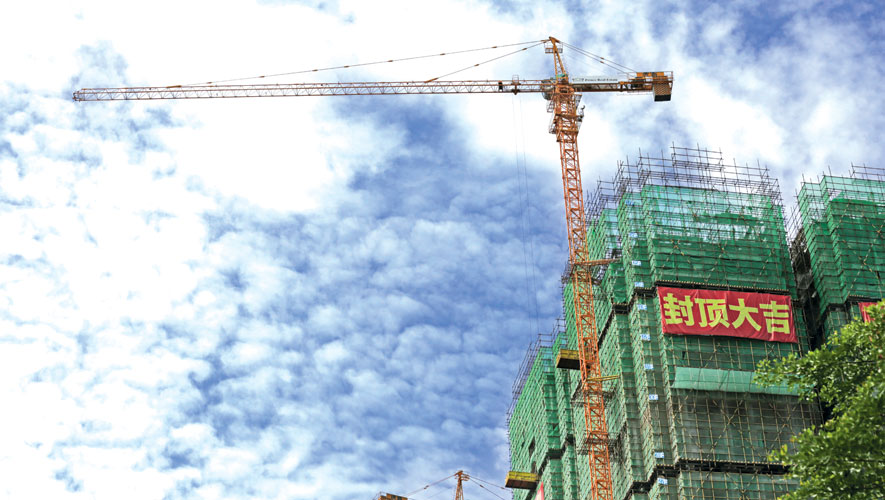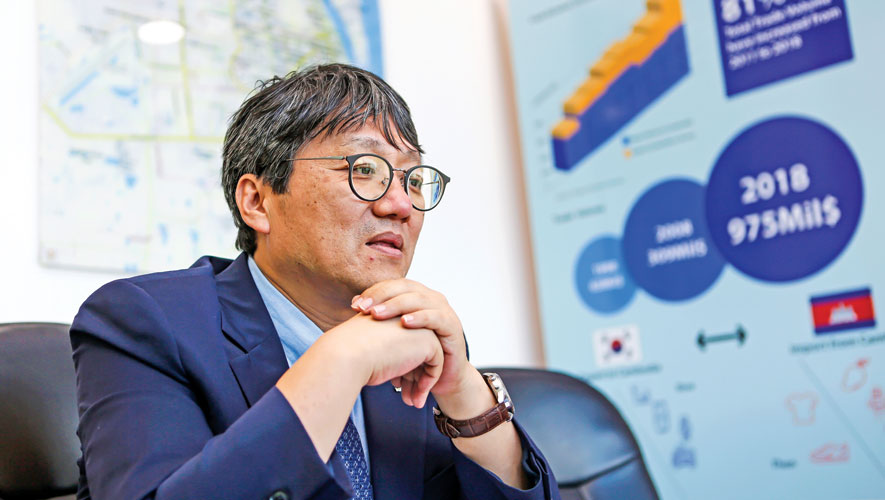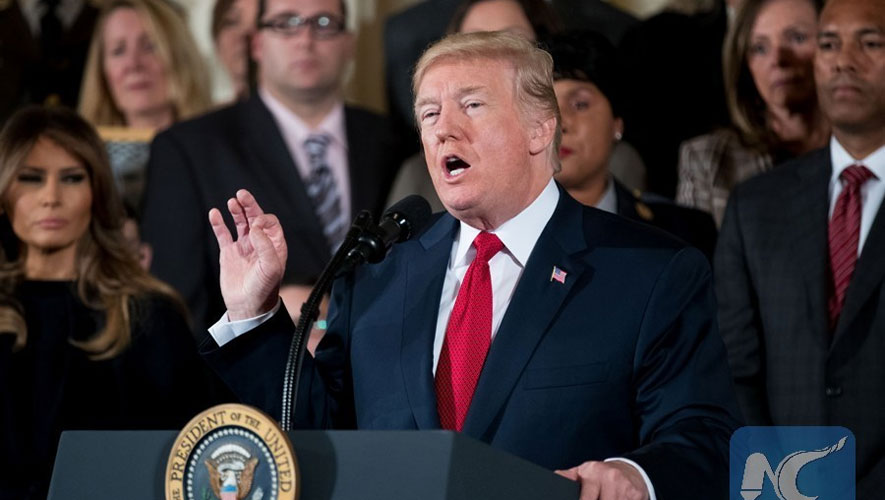Cambodia is among the fastest growing countries on the planet and hasn’t faced a recession for nearly three decades. It skipped the Asian Financial Crisis during the 1990s, missed the tech bubble of the early 2000s, and outgrew the recession in 2008, and with a dollar-based economy, low wages, a low tax regime, liberal government policies and a central location in Southeast Asia, Cambodia represents an extremely attractive investment destination for many investors.
For the latest Cambodian Business news, visit Khmer Times Business
Earlier this year, Chinese Premier Li Keqiang visited Cambodia and oversaw the signing of 19 new deals to celebrate the 60th anniversary of the establishment of diplomatic ties between Cambodia and China creating a great opportunity to start building a much-needed infrastructure and boosting the development of the country.
A few of these 19 projects such as the Phnom Penh – Sihanoukville Expressway and the construction of a new airport in Phnom Penh are noteworthy for the infrastructure and advance China’s Belt and Road Initiative (BRI).
Focussing on investments in the real estate sector, it is believed that real estate remains the traditional investment business in Cambodia as almost everybody wants to have their own house, and because of the yearly growing economy, this investment would not go away.
Not unimportant to mention is that one already sees that some developers diversify and change their mindset by shifting from high-priced real estate properties that only cater to foreigners, especially Chinese nationals and start building lower-priced units for locals as well because focussing only on the Chinese market could be problematic as China keeps a tight control on the outflow of foreign currency.
Tourism has become one of the major contributors in Cambodia’s economy. The appearance of more and more hotels owned by international companies, and as earlier mentioned, the construction of new infrastructure like additional airports, railways and expressways, property investment would seem like the perfect option for local and foreign nationals.
As the property market and tourism expand, there will also be growth in different markets like apartments, serviced apartments and eco-friendly tourism destinations where guests can enjoy a wide range of eco-friendly activities. All these kind of properties have seen a rapid increase in rental prices and with the expected growth of tourism in Cambodia it seems like a good investment for many years to come.
The Cambodian government also supports tourism by easing visas especially for Chinese and Koreans but also many other nationalities and it seems that a lot of tourists are not only visiting the country of wonder for sightseeing but also looking for opportunities to invest or even immigrate. This has evidently resulted in an enormous growth of foreign-owned small and medium enterprises in the last couple of years.
Having lived and worked as an entrepreneur, consultant and advisor for many decades in Asia, (South Korea, Taiwan, Hong Kong and China), I predicted the manufacturing shift to countries in Southeast Asia many years ago and witnessed the enormous growth in Vietnam, Thailand and now in Cambodia.
From the manufacturing point of view “be careful what you wish for” as low wages and a low tax regime are just a few positive points. Multinationals with a lot of experience and knowledge and well-educated managers are able to overcome the lack of knowledge and experience of local workers, and local managers as they are experienced and powerful enough to bring the right people to assure quality.
But for SMEs, it’s a completely different story because they depend on local workers and management, who most times, have not enough experience and knowledge. Many SMEs don’t have the money or are not willing to invest in expatriates who are able to teach locals in Cambodia. A positive point is that I notice many young workers and managers are eager to learn but it would take time and “time is money”.
With the expected EBA withdrawal especially the garment and footwear industry has to focus more on reorganising and improving their productivity and logistics to become more competitive in the world market for which they need support by experts with necessary knowledge.
By other words, in my opinion, investment in knowledge will be the key factor for the Cambodian industry in all fields as it was for many decades in China which finally became a powerhouse and world leader of the century.




